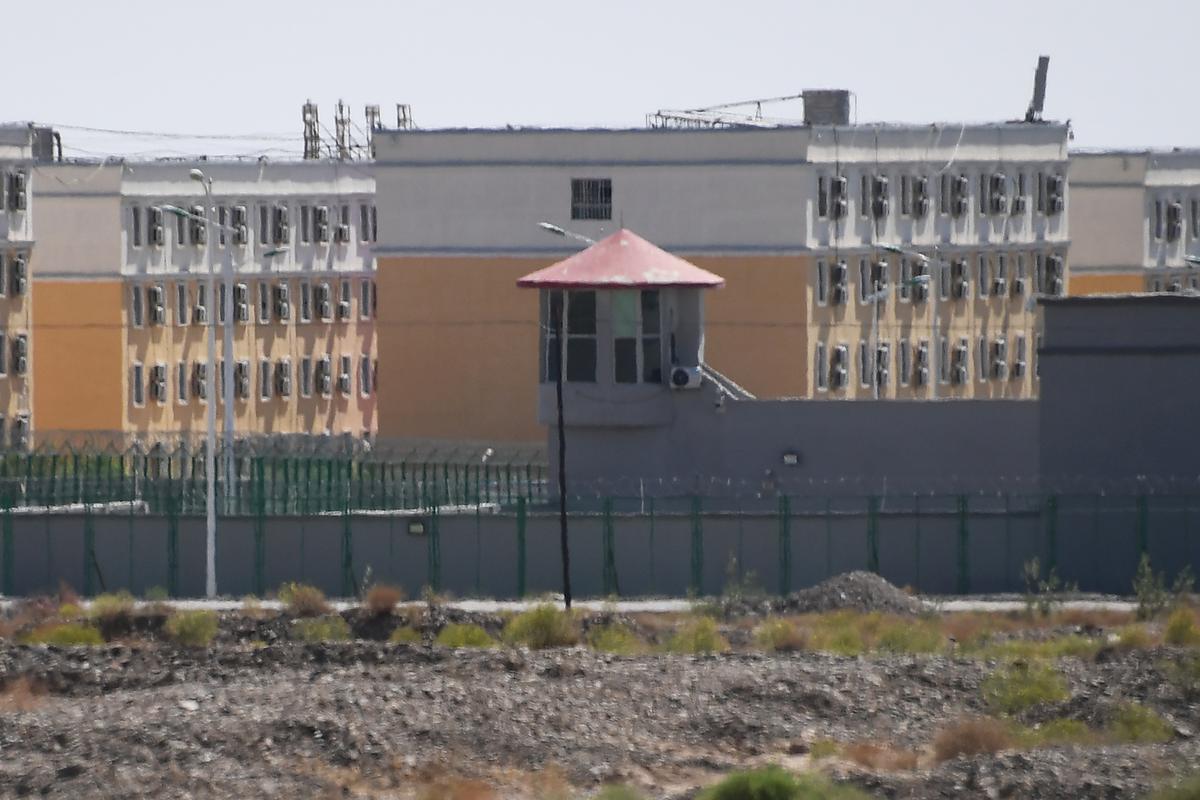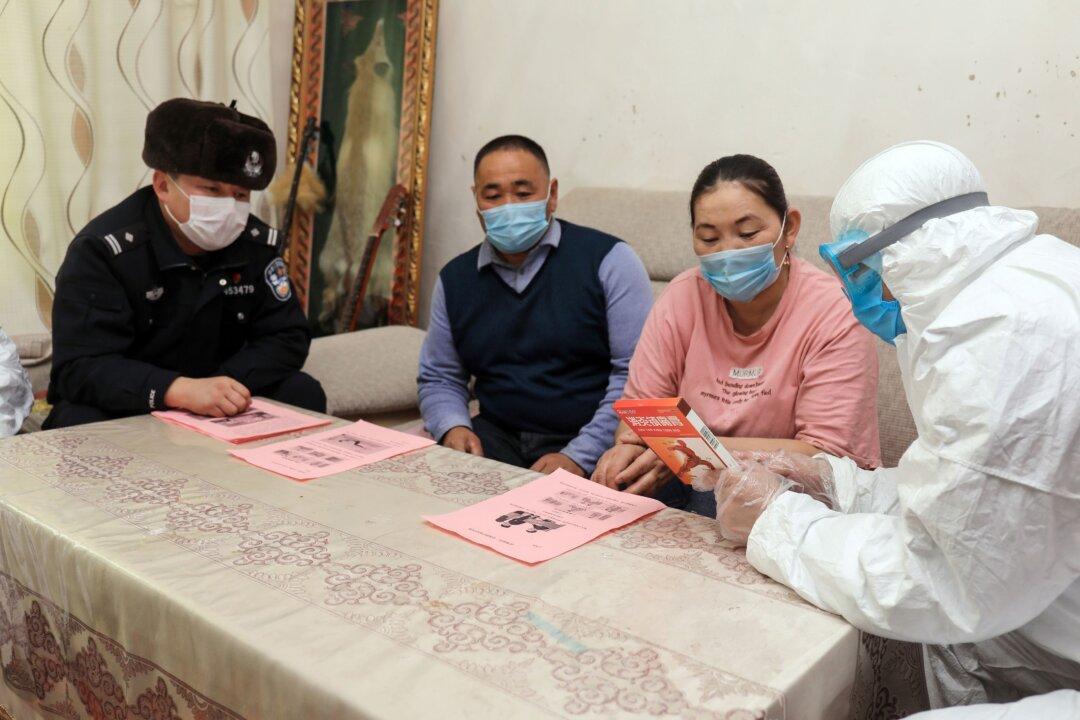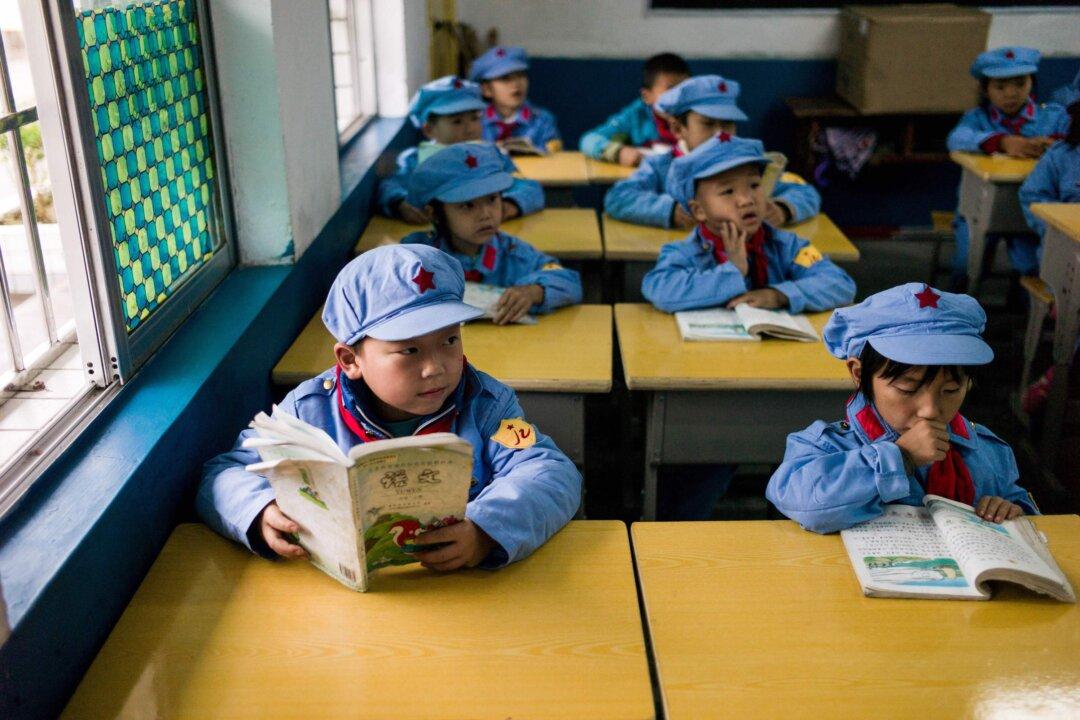Reproduced from Bitter Winter: A magazine on religious liberty and human rights in China
TikTok and DouYin videos pouring out of Xinjiang during the past two weeks have confirmed fears that Beijing is using Uyghur and other Turkic youth as slave laborers and cannon fodder to kickstart the Chinese economy.Some of the videos were Chinese government propaganda showing happy Uyghurs setting off to seek their fortunes, as part of its three-year “poverty alleviation drive” which aims to eradicate absolute impoverishment by 2020. One caption described 850 laborers from impoverished families in Hotan who were arriving by special train in Korla to work for six companies, including the Zhongtai textile group and the Litai Silk road company.
Seytoff pointed out that it was impossible to determine whether these gangs of young people were being forcibly or voluntarily relocated. Dissent in any event would be futile. “If they refuse, they fear that they will be put into camps,” he said, referring to the dreaded transformation through education camps and to the past three years of draconian measures to quell Uyghur culture, language and religion which has seen three million Uyghur and other Turkic Muslim incarcerated without trial, ostensibly for “re-education.”

He added that all Uyghurs shown in the videos who had been rounded up, were wearing masks. “Clearly, coronavirus is a risk for them,” he said, adding that reliable sources had confirmed that many of those press-ganged were in fact camp detainees, “who were forced into labor in factories in mainland China.”
Musa Abdulehed ER, an Istanbul based writer/researcher, commenting on the exodus, questioned Beijing’s motives. “We have to ask whether money is more important than life to the Chinese government?” He said, concluding that the Chinese Communist Party’s (CCP’s) actions in sending swathes of Uyghurs into the virus heartland, spoke volumes. “It is obvious that boosting the economy is more important than the lives of these young people, particularly at this time when Han Chinese are not working in the factories because of the virus,” he said, also noting that widespread mask wearing showed that health concerns were still real. “This is a clear indicator that the CCP are playing with the lives of Uyghur young people.”
He was left to infer that Beijing was indifferent to life. “The Chinese government clearly doesn’t care whether they live or die,” he said. “Never mind if they die, but let them die working,” he said cynically. “We can never accept this and protest most strongly,” he said, adding that finally the world is beginning to wake up to the evils of the CCP regime. “We have been warning for years that China will bring disaster upon mankind. And here in the virus we see the results.”
His greatest fear was that the young people were being taken out of Xinjiang with the express purpose that they might succumb to the virus and die. “I would not put it past the Chinese government to have this in its mind,” he said, citing the atrocities that have taken place in Xinjiang, particularly over the past three years. He demanded that the world at last take notice of the disaster that was being meted out on the Uyghur people and their culture, and exert pressure on the CCP to release detainees, stop the slave labor, and close the camps. “They should be allowed to live freely and live as human beings,” he pleaded.





